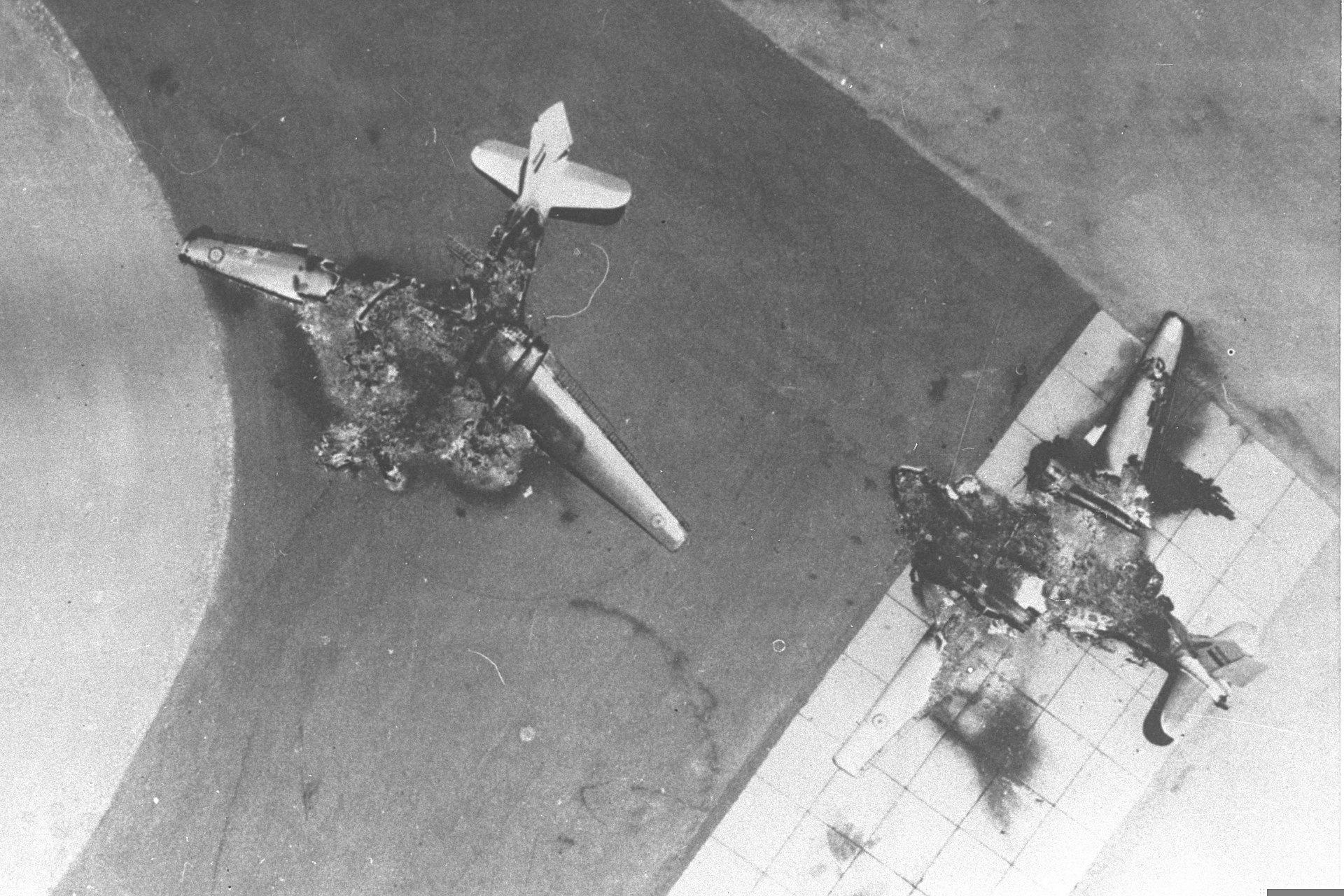An air force is totally unsuitable for a guerrilla-type force fighting a dominant adversary.
The aircraft would have to go head to head with their opponents, as soon as hostilities turned hot.
Which in the region is the IAF, which, outnumbered, made short shrift of even the established Arab air forces in 1967 and 1973 (in contrast, the Sri Lankan air force was not remotely in the same ballpark).
Per Mao: a guerrilla force's main advantage is to be like a fish swimming in the sea of the population. You just can't do that with aircraft (and runways as per the other answer).
Aircraft are supremely costly to run
Modern military aircraft are sometimes measured in the cost per hour to fly. Those costs are usually in tens of thousands per hour.
Military pilots need constant training and it's easy to guess that "accidents might happen" if Hezbollah Air started flying around. Just like Israel tries to keep a lid on Hezbollah supplies by sometimes striking in Syria.
Ditto the logistical "tail" of an aircraft. That's easy to disrupt as well.
i.e. you just can't acquire an aircraft, store it somewhere and hope to achieve something with it when hostilities start. It is an ongoing, costly, and visible process.
Iran, Hezbollah's sponsor, does without.
Iran flies some really, really, old stuff. They will likely take the first pick of anything newer they can lay their hands on (like some Russian jets they are due to get) rather than supplying Hezbollah.
Not exactly aligned with Lebanon as a whole
Lebanese government seems to rely a lot on Hezbollah
Yes, one shouldn't underestimate the support of the general population for Hezbollah in "countering Israeli aggression" (well, rather than courting Israeli aggression). But in general, Hezbollah is highly Shiite-aligned, representing about 30% of the population's interests in a country with a history of civil wars.
Outside of its Shiite constituency, the government's relations with regards to Hezbollah are due to weakness, rather than choice (remember how closely they are aligned with Syria, a country which also occupied Lebanon for years).
Lebanon as a whole is unlikely to be too interested to support Hezbollah Air.
